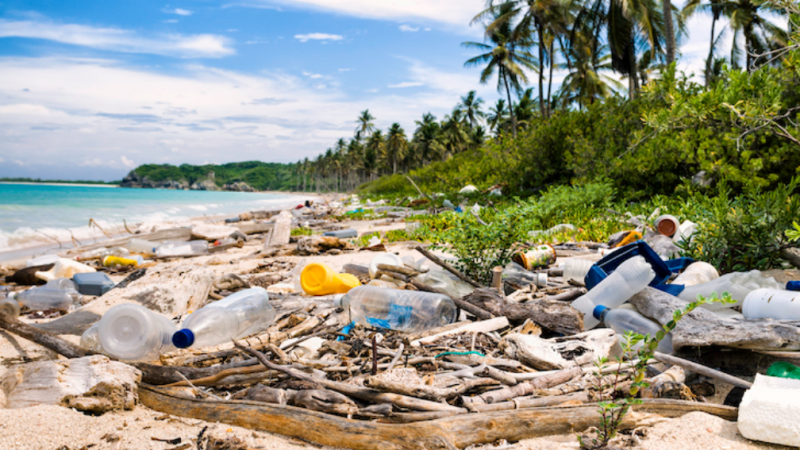2023 will bring more hardship for the global economy following a bleak year.

After the Covid epidemic, this was expected to be the year that the global economy recovered.
Instead, a new conflict, record inflation, and tragedies related to climate change defined 2022. Adam Tooze, a historian, popularized the phrase “polycrisis,” and it applied to that year.
In 2023, be prepared for more doom.
Since the turn of the century, more crises have occurred, according to Roel Beetsma, a macroeconomics professor at the University of Amsterdam.
We haven’t witnessed a situation this complex since World War Two, he told AFP.
Consumer prices started to climb in 2021 as countries began to emerge from lockdowns or other restrictions following the Covid-induced economic crisis of 2020.
Central bankers insisted that rising inflation would only last a short time before economies stabilized. However, the Russian invasion of Ukraine in late February caused prices for food and gasoline to rise.
Because wages are not keeping pace with inflation, households are being forced to make difficult decisions about their spending, which is causing cost-of-living issues in many nations.
From her booth at the Frankfurt Christmas market, Nicole Eisermann declared that “everything has gotten more expensive, from cream to wine and energy.”
Central banks made up for a lost time. They began raising interest rates this year in a bid to rein in escalating inflation, but doing so runs the risk of sending some nations into severe recessions since higher borrowing costs translate into slower economic growth.
The rate of inflation in the US and the eurozone has finally started to decline.
– Spending sensibly
The Organisation for Economic Cooperation and Development predicts that consumer prices in the Group of 20 developed and emerging countries will rise to eight percent in the fourth quarter before dropping to 5.5 percent the following year.
The OECD encourages governments to offer assistance to households in need.
According to the Bruegel think tank, 674 billion euros ($704 billion) have already been set aside in the 27-nation European Union to protect consumers from excessive energy prices.
264 billion euros of that sum coming from Germany, which has the largest economy in Europe and is the country most reliant on the Russian energy supply.
According to a survey by the EY consultancy, one in two Germans claim that they now only spend money on necessities.
Guenther Blum, a customer at the Frankfurt Christmas market, stated, “I am very careful because I have a lot of children and grandchildren.”
Although US Federal Reserve chairman Jerome Powell hinted last week that the pace of hikes could slow “as soon as” December, rising interest rates have also impacted consumers and companies.
However, he issued a warning that in order to restore price stability, the policy will likely need to stay strict for a while.
According to Christine Lagarde, head of the European Central Bank, the inflation rate in the eurozone has not peaked, and she made it clear that the ECB would continue its tightening policy.
Germany and Italy, another significant eurozone economy, are predicted to experience a recession. The economy of Britain is already contracting. S&P Global, a rating organization, predicts that the eurozone will stagnate in 2023.
However, the IMF still anticipates that the global economy will rise by 2.7 percent in 2023. The OECD predicts growth of 2.2 percent.
While this is going on, the world economy continues to be vulnerable to the coronavirus pandemic.
Growth in the second-largest economy in the world was constrained by China’s zero-Covid policy, but after widespread protests, the government has begun to ease restrictions.
Climate change costs
However, Beetsma believes that the largest crisis—which is “happening in slow motion”—is climate change.
According to reinsurance giant Swiss Re, natural and man-made disasters have already cost the global economy $268 billion in 2022. An estimated $50–65 billion in insured losses resulted from Hurricane Ian alone.
The top ten business ventures in the USA
This year, floods in Pakistan caused $30 billion in damage and economic loss.
The establishment of a fund to compensate vulnerable developing nations that have been ravaged by natural catastrophes was agreed upon by governments at the United Nations climate negotiations (COP27) held in Egypt in November.
Nevertheless, despite the need to reduce greenhouse gas emissions and stop global warming, the COP27 summit came to an end without any new commitments to phase out the use of fossil fuels.
In contrast to being acute, the crisis is persistent and very long-lasting, according to Beetsma. If we don’t take action, this will affect us on a never-before-seen scale.





